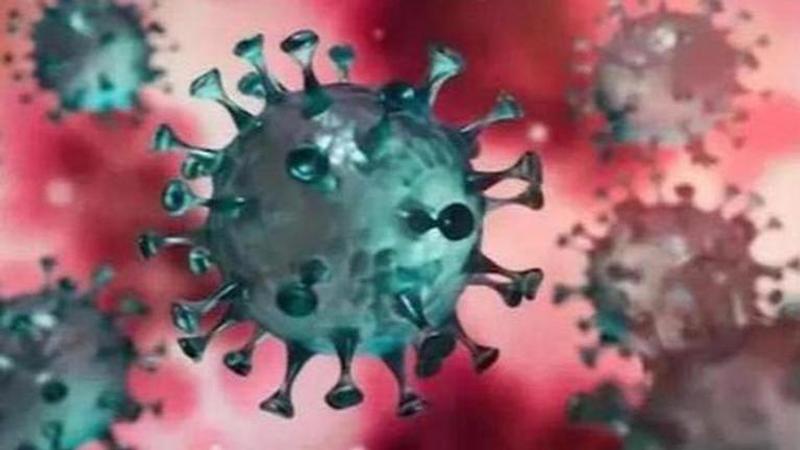Published 20:59 IST, March 9th 2020
No correlation between temperature variations and coronavirus spread: Experts
With the mercury decreasing and fear of coronavirus looming, experts have said there is no correlation between the variations in temperature and spread of COVID-19

Advertisement
With the mercury decreasing over the last few days and fear of coronavirus looming, experts have said there is no established correlation between the variations in temperature and spread of COVID-19.
The experts said COVID-19 spreads through human contact. Mass gathering has to be avoided and people need to take precautions like washing hands, they added.
India has so far reported 43 coronavirus cases. According to reports, the number of cases of novel coronavirus worldwide has crossed 110,000 people in 100 countries and territories with more than 3,800 dead.
AIIMS Director Randeep Guleria said research states that humidity in the air generally helps the virus to grow.
"But rise in the temperature does not necessarily mean this will help kill the virus," he said, noting that tropical countries like Singapore, which has hot and humid climate, also face the threat of coronavirus.
The minimum temperature in the national capital, which has witnessed a sudden dip in mercury, has been hovering around 11 to 12 degrees Celsius for the last 3-4 days.
Nutan Mundeja, who is holding the additional charge of Director General of Health Services of the Delhi government, said the relation between the rise or fall in the temperature and spread of coronavirus is yet to be proved.
"The virus spreads through human contact," she added.
Sandeep Budhiraja, group medical director, Max Healthare and senior director, institute of internal medicine said the COVID-19 virus is new and the scientific community does not know much about it.
"The particular strain of virus which is causing COVID-19 is a new virus and the scientific community does not know much about it.
"What we have seen with older flu viruses is that they typically grow and reproduce in cold and dry conditions. They do not reproduce well if the temperature is warm. Their proliferation goes down at 30 degrees Celsius. This has been seen in previous cases," Budhiraja added.
Dr Kishore Singh, the medical superintendent of LNJP Hospital of the Delhi government, said coronavirus does not reproduce conditions but its lifespan increases during cold conditions.
"For instance, if it was supposed to live for eight hours, it might live for one or two days. However, one has the risk of contracting COVID-19 if one comes in close contact with a person who is affected by it. In case you are having flu symptoms, you need to be cautious and otherwise also if you take precautions, you will be safe," he explained.
20:59 IST, March 9th 2020




